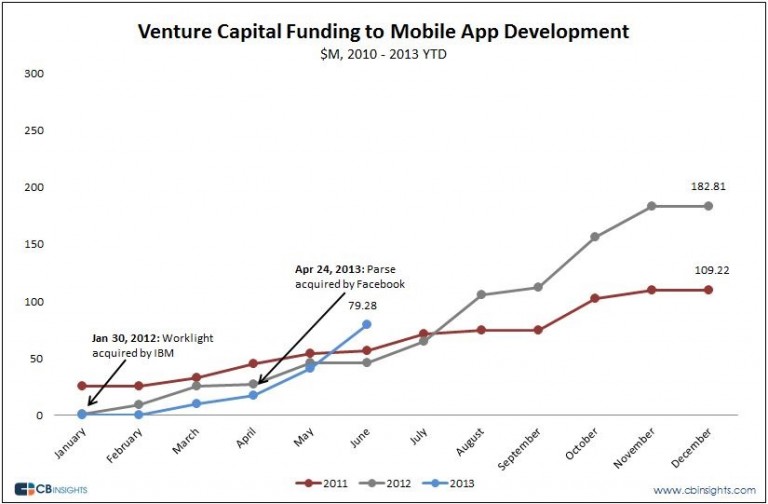Elon Musk Offers $43 Billion to Buy 100% of Twitter

According to filings filed with the SEC, Elon Musk, who recently purchased a 9.2 percent stake in Twitter, has made an offer to buy the firm altogether for $54.20 per share in cash in a hostile takeover worth around $43 billion. Musk stated in the filing that if his offer is rejected, he will most likely sell all of his stock.
Musk, the world’s richest man with a net worth of $260 billion, made headlines earlier this month when it was revealed that he had purchased a substantial chunk of Twitter, making him the company’s largest shareholder. Musk was set to join the board of directors, but he backed out at the last minute amid speculation that he could want to buy the company outright.
Musk threatened to take his ball and go home if he couldn’t take the company private with his proposal, which proved to be true.
“I invested in Twitter as I believe in its potential to be the platform for free speech around the globe, and I believe free speech is a societal imperative for a functioning democracy,” Musk stated in his SEC statement regarding the hostile takeover.
“However, since making my investment I now realize the company will neither thrive nor serve this societal imperative in its current form. Twitter needs to be transformed as a private company,” Musk added.
“As a result, I am offering to buy 100% of Twitter for $54.20 per share in cash, a 54% premium over the day before I began investing in Twitter, and a 38% premium over the day before my investment was publicly announced. My offer is my best and final offer and if it’s not accepted, I would need to reconsider my position as a shareholder,” Musk wrote.
“Twitter has extraordinary potential. I will unlock it.”
Musk’s offer of $54.20 per share, a premium of more than 50%, is his final offer, according to the letter, and he’s “not playing the back-and-forth game.” In response, Twitter called an emergency board meeting and an all-hands meeting on Thursday.
“If the deal doesn’t work, given that I don’t have confidence in management nor do I believe I can drive the necessary change in the public market, I would need to reconsider my position as a shareholder,” Musk said.
“This is not a threat,” Musk said in what was clearly a threat. “It’s simply not a good investment without the changes that need to be made,” Musk continued.
Later in the day, during an interview at the TED conference, the billionaire spoke at length about his views on free expression. If his hostile takeover fails, he says he has a “Plan B,” but he doesn’t specify.
On Twitter, he also had a Twitter spat with one of the company’s largest shareholders, a Saudi royal—where else?
Billionaire Al Waleed bin Talal wrote, “I don’t believe that the proposed offer by @elonmusk ($54.20) comes close to the intrinsic value of @Twitter, given its growth prospects. Being one of the largest & long-term shareholders of Twitter, @Kingdom_KHC & I reject this offer.”
The SpaceX CEO responded, “Interesting. Just two questions, if I may. How much of Twitter does the Kingdom own, directly & indirectly? What are the Kingdom’s views on journalistic freedom of speech?”
Musk is a frequent tweeter who is prone to making crass and childish jokes that can land him in hot water. The 50-year-old has previously proposed renaming Twitter “Titter” and has previously tweeted a meme comparing Canadian Prime Minister Justin Trudeau to Adolf Hitler. Musk later deleted both tweets.
Don’t even get us started on Musk’s jokes about Tesla’s stock price, which earned him a smack on the wrist from the Securities and Exchange Commission. When you’re the world’s wealthiest person, a $40 million fine is a petty change in your couch cushions.
An investor in Twitter sued Musk this week for failing to properly disclose his large interest in the firm. Musk was legally compelled to file a notice with the Securities and Exchange Commission (SEC) after purchasing 5% of Twitter. Musk, on the other hand, didn’t file the necessary paperwork until April 4, a full ten days later. The person who is suing Musk in this instance lost money because he sold his shares during the period of illegal concealment.
So, what’s next? Twitter must decide whether to accept this lucrative offer or reject it, resulting in a slew of angry shareholders.







